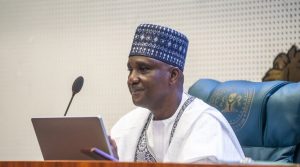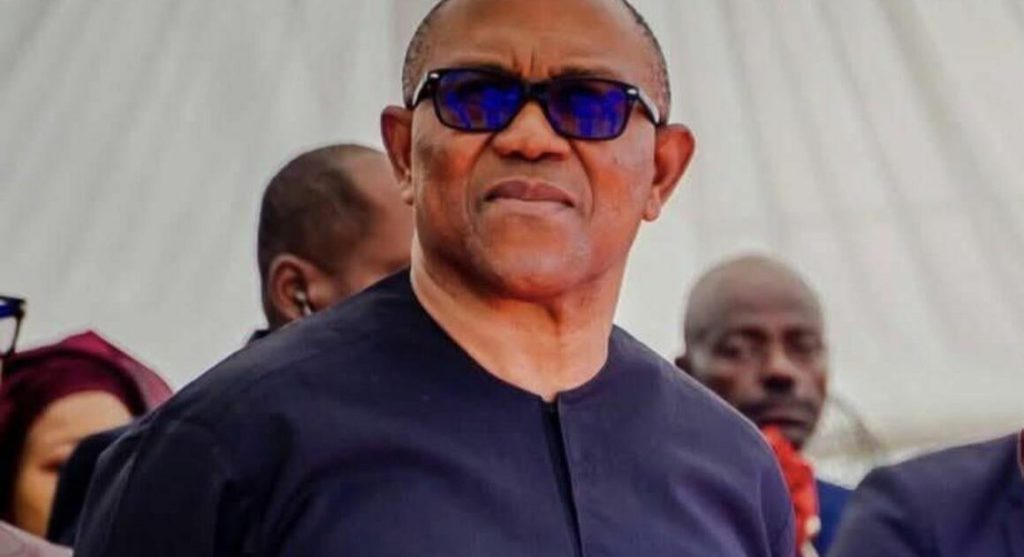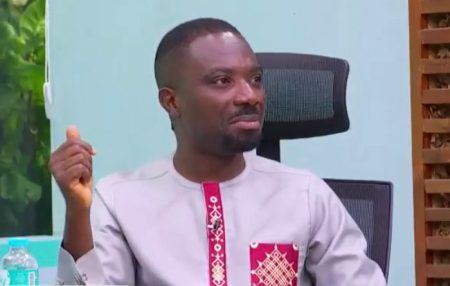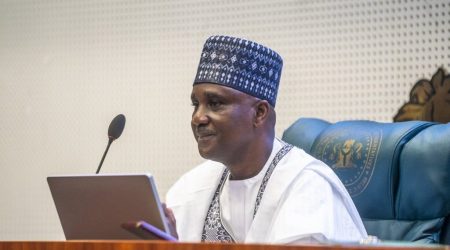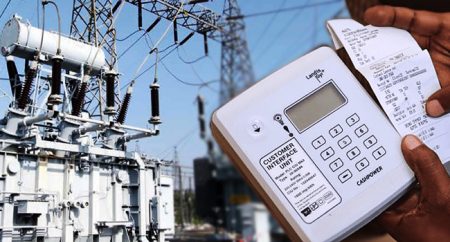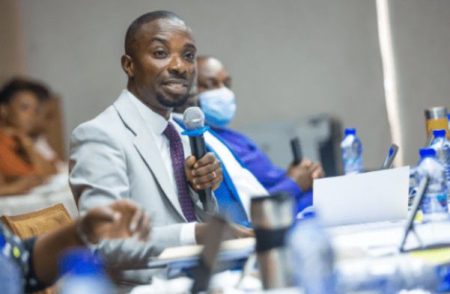The African Democratic Congress (ADC) has firmly dismissed speculations about Peter Obi, the Labour Party’s presidential candidate in the 2023 elections, rejoining the Peoples Democratic Party (PDP). The ADC, positioning itself as the spearhead of a coalition of opposition parties gearing up for the 2027 general elections, views Obi as a crucial component of this alliance. ADC spokesman, Bolaji Abdullahi, a former PDP member himself, characterized any potential return to the PDP as politically perilous for Obi, highlighting the ruling party’s influence over the PDP’s internal dynamics. He emphasized that Obi is fully committed to the opposition coalition, suggesting that the ADC’s emergence has spurred some activity within the PDP.
Abdullahi’s assertions underscore the complex political landscape in Nigeria and the strategic maneuvering taking place as parties begin positioning themselves for the next electoral cycle. His statement that the PDP’s “jugular” is in the hands of the ruling All Progressives Congress (APC) alludes to the perception that the APC exerts significant influence over the PDP, potentially limiting its autonomy and making it a less attractive option for opposition figures seeking to challenge the ruling party. This perception likely stems from various factors, including the defection of prominent PDP members to the APC over the years and the APC’s control of the federal government.
The ADC’s confidence in Obi’s commitment to the coalition and its assertion that he recognizes the risks of returning to the PDP suggest a level of strategic understanding and coordination within the opposition ranks. This apparent unity of purpose within the coalition stands in contrast to the often-fragmented nature of opposition politics in Nigeria, where personal ambitions and party loyalties can sometimes override broader strategic goals. The ADC’s proactive stance in publicly declaring Obi’s allegiance to the coalition serves to solidify his position within the opposition and potentially discourage any overtures from the PDP.
The backdrop to these developments is the growing recognition of the need for a united opposition to challenge the APC’s hold on power. This sentiment was echoed by Professor Jerry Gana, a founding member of the PDP and former Minister of Information, who lauded Obi’s leadership qualities and emphasized his importance in the pursuit of good governance. Gana’s praise for Obi as a “symbol of hope” and a “key voice for the future of democracy” reflects a broader appreciation for Obi’s appeal and his potential to galvanize support across party lines. Gana’s call for a broad coalition of credible opposition figures underscores the understanding that a fragmented opposition stands little chance against the APC’s machinery.
Gana’s endorsement of Obi, despite his own PDP roots, highlights the shifting dynamics within the opposition and the potential for cross-party alliances based on shared values and strategic objectives. His warning that no single party can dislodge the APC in 2027 without a unified front emphasizes the urgency of building a cohesive opposition coalition capable of mounting a serious challenge to the ruling party. This suggests a growing recognition that the old political playbook of individual parties vying for power may not be sufficient to bring about the desired political change.
The convergence of these perspectives – the ADC’s insistence on Obi’s commitment to the coalition, Abdullahi’s warning about the risks of returning to the PDP, and Gana’s call for a united opposition – paints a picture of a political landscape undergoing significant realignment. The focus on coalition building and the emphasis on shared values and strategic goals suggest a potential shift away from traditional party politics towards a more collaborative approach to challenging the ruling party. The success of this nascent coalition will depend on the ability of its constituent members to overcome historical rivalries and personal ambitions and to work together towards a common goal. The 2027 elections will be a crucial test of this new approach and will determine whether this coalition can translate its shared vision into tangible political gains.



